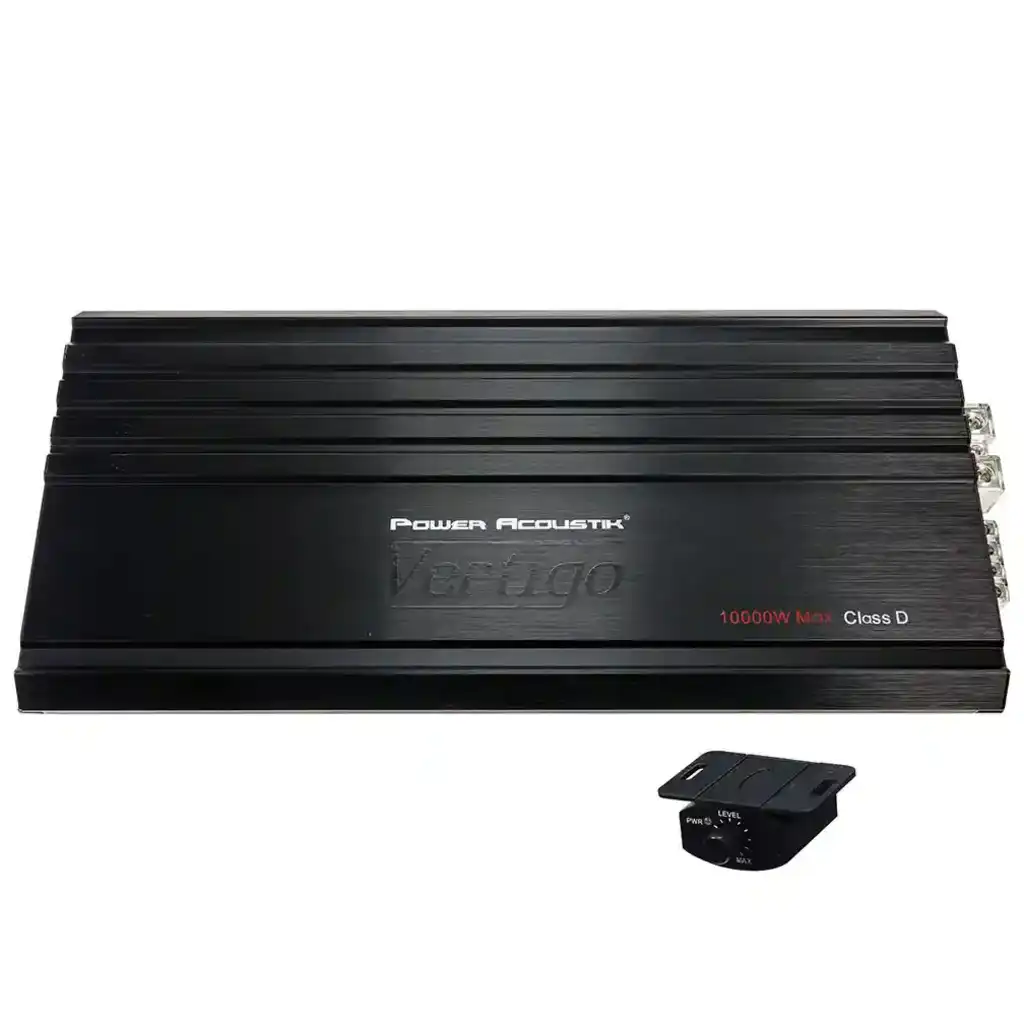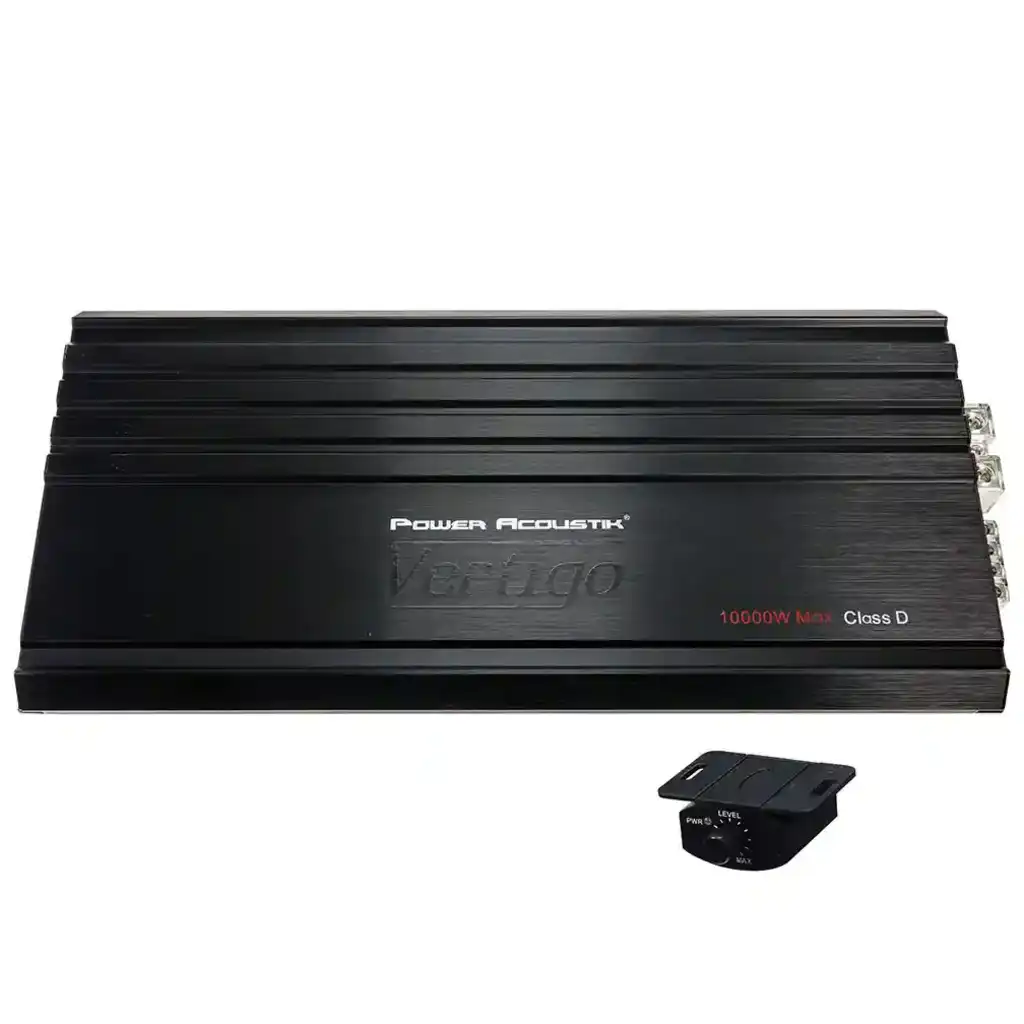Answer
Aug 16, 2024 - 08:03 AM
Below is how a dyno test is typically performed on an amplifier and what it measures.
What is a Dyno Test for an Amplifier?A dyno test on an amplifier is a process used to measure the actual power output of the amplifier under controlled conditions. This test helps to verify the manufacturer's power ratings and provides a more accurate assessment of the amplifier's performance.
How is a Dyno Test Performed?-
Equipment Used:
- Amplifier Dyno: A specialized device designed to measure the power output of car audio amplifiers.
- Resistive Load Bank: Simulates the load that speakers would place on the amplifier. Different resistances (Ohms) can be used to see how the amplifier performs under various loads (e.g., 1 Ohm, 2 Ohms, 4 Ohms).
- Power Supply: Provides a stable power source to the amplifier during testing.
-
Steps in the Dyno Test:
- Connect the Amplifier: The amplifier is connected to the dyno using proper power and ground connections. The output of the amplifier is connected to the resistive load bank.
- Test Different Loads: The dyno test is performed at different resistive loads to see how the amplifier performs under each condition. Common loads are 1 Ohm, 2 Ohms, and 4 Ohms.
- Measure Output: The dyno measures the continuous power output (RMS) of the amplifier, as well as the peak power output. The results are compared to the manufacturer's claims.
- Test for Distortion: The test also measures the Total Harmonic Distortion (THD) at various power levels to see how clean the amplifier's output is.
-
Results:
- The dyno provides detailed output on how much power the amplifier actually produces under different conditions. This includes continuous RMS power, peak power, efficiency, and the distortion level at those outputs.
- RMS Power Output: This is the continuous power the amplifier can produce without distortion. A good amplifier should be able to meet or exceed its advertised RMS power rating.
- Peak Power Output: This is the maximum power the amplifier can produce for short bursts.
- THD (Total Harmonic Distortion): Measures how much distortion is present in the amplifier's output. Lower THD values indicate cleaner sound.
While I cannot perform a dyno test myself, you can have a professional car audio shop perform one for your Power Acoustik VA1-10000D amplifier. The dyno test will provide accurate data on how the amplifier performs under real-world conditions, helping you understand its true power output and sound quality.





Add New Comment